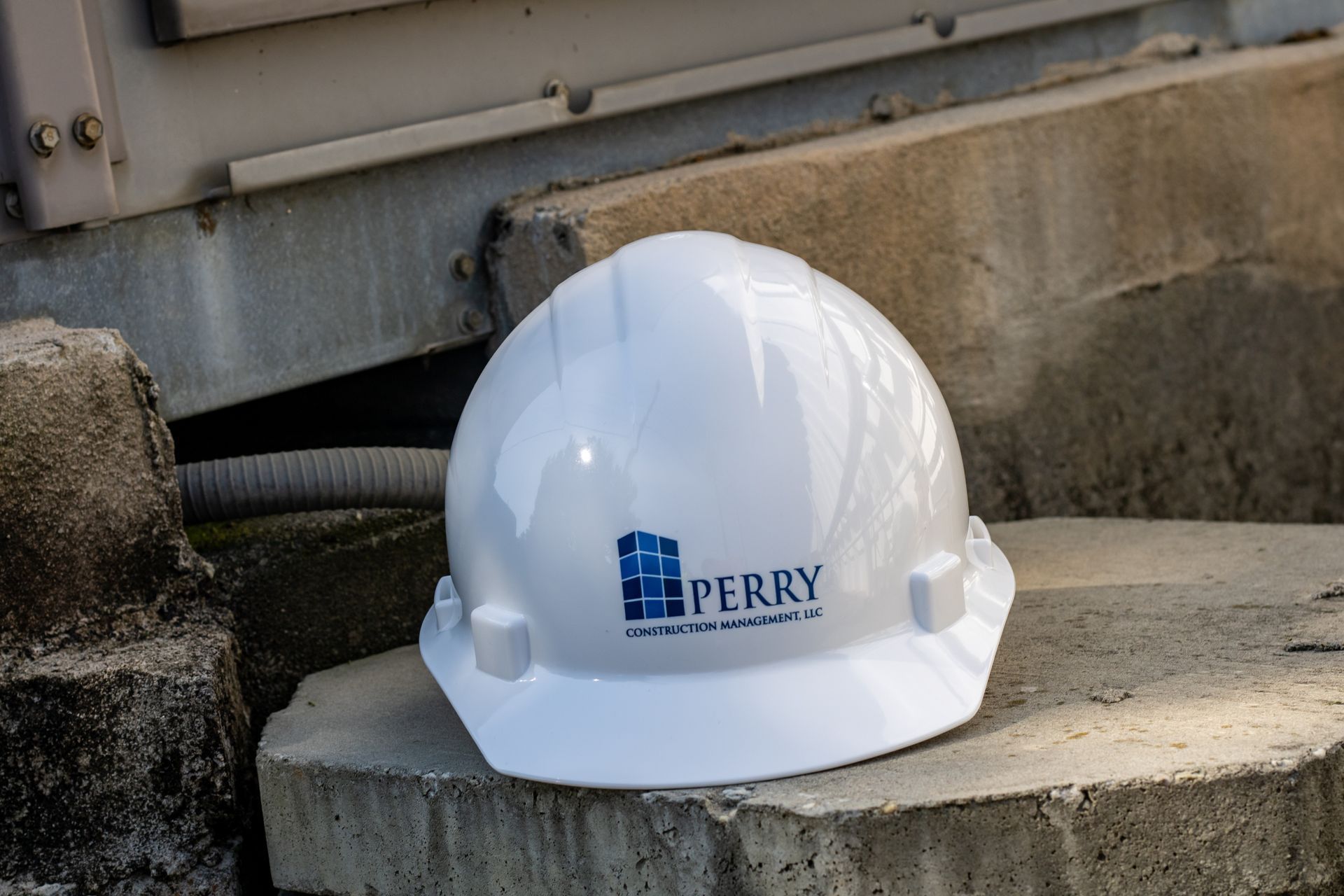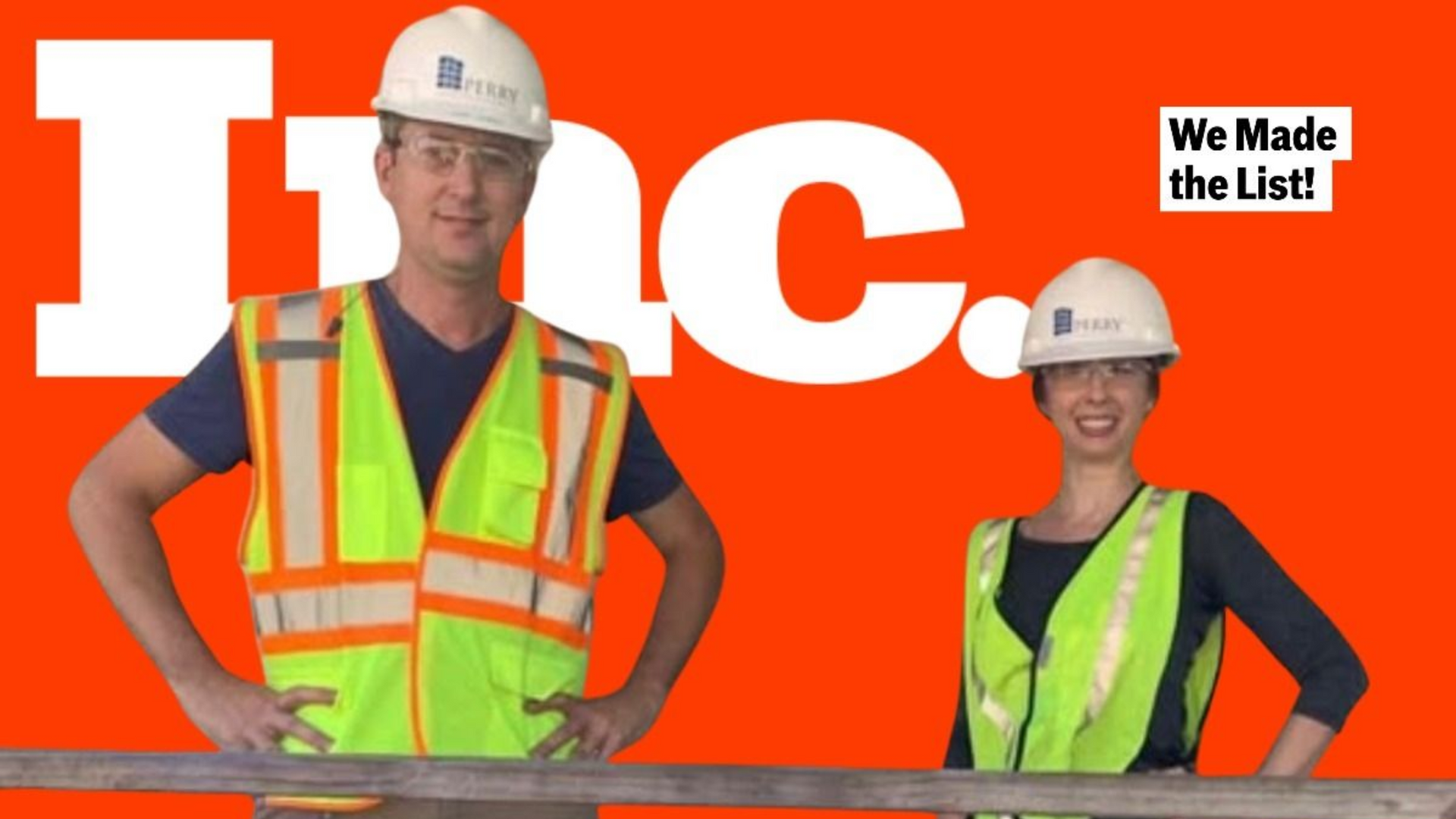The Hidden Costs of Construction Delays…and How to Avoid Them
September 17, 2025

In food and beverage manufacturing, time is money in the most literal sense. Every day that a capital project falls behind schedule represents product not made, revenue not earned, and opportunities lost. Yet when construction delays occur, many owners underestimate their true impact. The costs extend far beyond extra labor hours or extended schedules, they ripple through production, operations, and even long-term facility performance.
At Perry Construction Management, we see this story play out too often. Projects with strong business cases falter because planning was rushed, communication broke down, or oversight wasn’t strong enough to keep trades aligned. The result? Millions in lost production and long-term inefficiencies that could have been prevented.
This article breaks down
the hidden costs of construction delays
, why they’re so damaging in food and beverage facilities, and PCM helps owners avoid them.
What Actually Causes Most Construction Delays
Construction delays don’t appear out of thin air. They are usually seeded long before crews arrive onsite. In food plants especially, where schedules must work around production windows, shutdowns, and strict safety regulations, small planning gaps can quickly snowball.
The most common causes we see include:
- Incomplete scope definition : If project details aren’t locked in early, contractors fill in the blanks differently. This leads to rework, cost disputes, and wasted time.
- Late-stage design changes : Altering layouts or equipment specs after bids are awarded cascades through schedules and budgets.
- Delayed decision-making : When owner approvals stall, crews sit idle, vendors miss windows, and schedules slide.
- Coordination breakdowns between trades : Conflicting schedules for electricians, mechanical contractors, and equipment installers can stall progress for weeks.
- Overly optimistic timelines : Aggressive schedules set by urgency, not reality, guarantee missed milestones once real-world constraints hit.
The common thread? A lack of disciplined preconstruction planning. When schedules are dictated by urgency rather than careful preparation, delays become nearly unavoidable.
The Real Costs of Construction Delays
Owners often evaluate delays in terms of added project labor or extensions to the construction timeline. But in food and beverage manufacturing, those are just the tip of the iceberg. The hidden costs usually prove far more damaging:
1. Lost Production and Revenue
In a food plant, a single lost production day can mean thousands, or even millions of pounds of product not produced. Launch timelines for new product lines are missed, customer orders go unfulfilled, and revenue targets slip. In seasonal markets, the window may never reopen.
2. Operational Strain Across the Organization
Delays don’t just affect construction teams. Plant staff are forced into constant rescheduling, contractors are left idle, and leadership burns cycles troubleshooting problems that shouldn’t exist. Over time, this creates stress, miscommunication, and even employee turnover.
3. Costly “Recovery” Tactics
Trying to make up lost time often does more harm than good. Owners authorize overtime premiums, contractors push rushed installations, and vendors expedite shipments at high cost. These shortcuts eat into budgets quickly and often introduce new risks to quality and safety.
4. Long-Term Inefficiencies Baked In
Perhaps the most damaging cost is the one that isn’t felt until years later. Under pressure to finish, owners sometimes accept incomplete systems or cut corners to get back on track. Those compromises often result in inefficient layouts, subpar utilities, or operational bottlenecks that drain resources for the life of the facility.
Why These Costs Are Avoidable
The hard truth is this: most delays are preventable. With disciplined planning, transparent communication, and experienced management, capital projects can advance without derailing production or straining operations.
At PCM, we believe the best way to solve problems is to prevent them. That starts before construction begins during preconstruction when scope, budget, and schedule must be fully aligned. Once shovels are in the ground, the opportunity to prevent delays shrinks dramatically.

How PCM Helps Food and Beverage Owners Avoid Delays
By staying proactive from day one, we help our clients protect their investments and their operations.
1. Defining Scope With Precision
We work closely with owners to capture every detail up front. Clear definitions of “what success looks like” eliminate surprises, reduce scope creep, and align expectations across all stakeholders.
2. Building Schedules That Reflect Reality
We don’t build “best-case scenario” schedules. Our timelines account for equipment lead times, vendor capacity, and plant shutdown windows. If we commit to a date, it’s because we know we can deliver it.
3. Specializing in Projects During Live Production
Many of our clients can’t afford extended shutdowns. That’s why PCM specializes in
complex capital projects executed during ongoing production
. We coordinate tightly with plant teams, map out construction footprints, and phase work so facilities stay operational while upgrades move forward. This expertise allows owners to expand, modernize, and improve without sacrificing output.
4. Hands-On Project Management
Our managers don’t vanish after kickoff. From daily contractor meetings to visual execution plans, PCM stays actively engaged to ensure issues are caught before they cascade. Continuous oversight prevents small snags from becoming major roadblocks.
5. Transparent Communication and Documentation
We eliminate guesswork. Owners receive regular updates, daily reports, and proactive alerts on potential risks. This transparency allows leaders to make decisions with confidence and avoid unpleasant surprises.
6. Rapid Response to Change
Even with strong planning, unexpected challenges happen, supply chain disruptions, permitting delays, or weather events. PCM helps clients pivot quickly and strategically, minimizing impact while keeping production goals in sight.
“
I had a $42 million dollar capital project that was creating daily headaches for me. Contractors were failing to follow our rules and regulations forcing work stoppages. Schedule began to slip which threatened to push us beyond our start up date. I brought PCM in and they quickly got things under control. Now, I don’t start a capital project without them.”
– Jerry Mader, Sr. Capital Projects Manager
Case in Point: Rescuing a $42M Capital Project
One food manufacturer brought PCM into a project already behind schedule and struggling with contractor compliance. The $42 million investment was at risk of spiraling out of control. Within weeks, PCM stabilized contractor performance, enforced accountability, and re-sequenced the schedule to recover lost ground all while coordinating with plant operations to avoid production stoppages.
The result: the project met critical deadlines and avoided production loss. That client now engages PCM at the beginning of every major capital project to ensure delays never threaten outcomes again.
The Bottom Line for Food and Beverage Owners
In the high-stakes world of food and beverage manufacturing, construction delays are more than inconvenient, they’re dangerous to business performance. Lost production, burned-out teams, and costly recovery tactics can cripple the ROI of even the best-planned projects.
But they don’t have to. With disciplined preconstruction planning, realistic scheduling, and consistent oversight, delays can be prevented, or at least minimized to the point where production isn’t compromised.
That’s the role Perry Construction Management plays. We don’t just manage contractors, we specialize in
executing complex capital projects during live production
without derailing operations. For owners investing millions in facility growth, that protection can be the difference between failure and long-term success.
Recent Posts

August 13, 2025
For the fifth year in a row, Perry Construction Management has earned a place on the prestigious Inc 5000 list, which recognizes the fastest growing private construction companies in the country. This achievement puts us in rare company. Of all companies that have made the list one or more times, less than 1% have achieved five consecutive years of being named an Inc. 5000 company. This milestone is about more than just growth numbers. It reflects our commitment to consistent excellence, strong client relationships, and staying true to our core values. We are proud to share this news with our clients, partners, and team members who have made it possible.